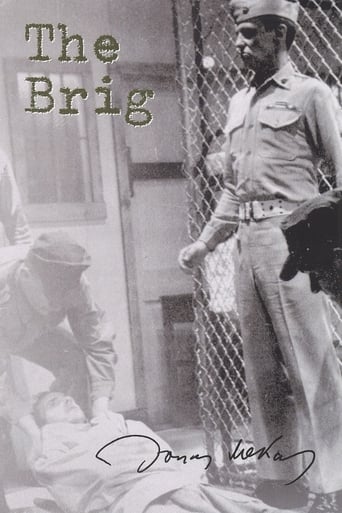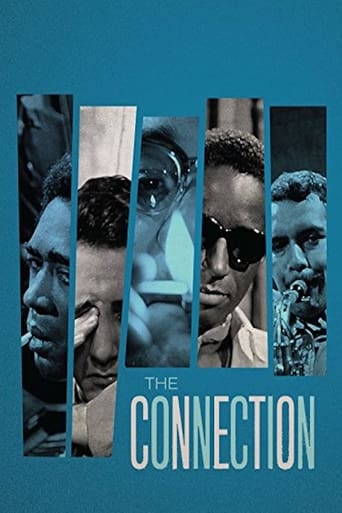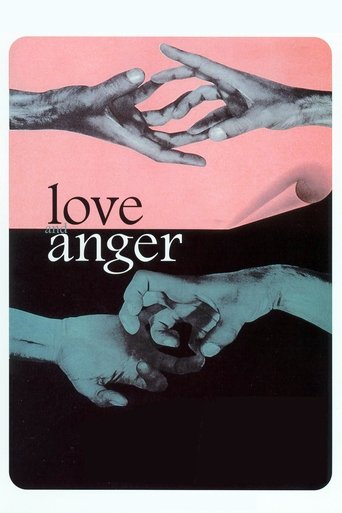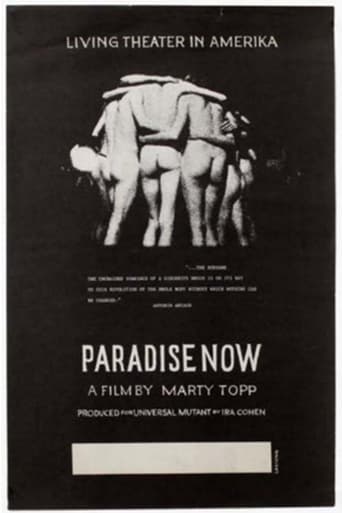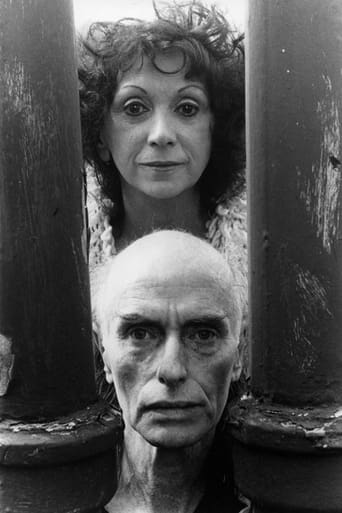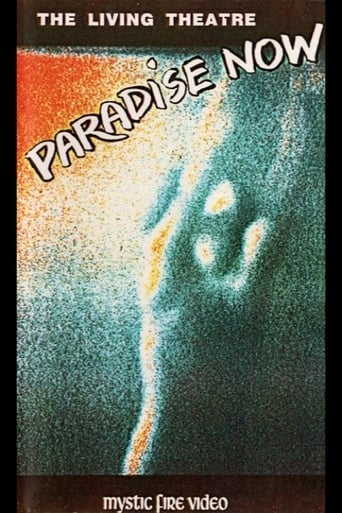The Brig 1964
An ultra-realistic depiction of life in a Marine Corps brig (or jail) at a camp in Japan in 1957. Marine prisoners are awakened and put through work details for the course of a single day, submitting in the course of it to extremely harsh and shocking physical and mental degradation and abuse.
